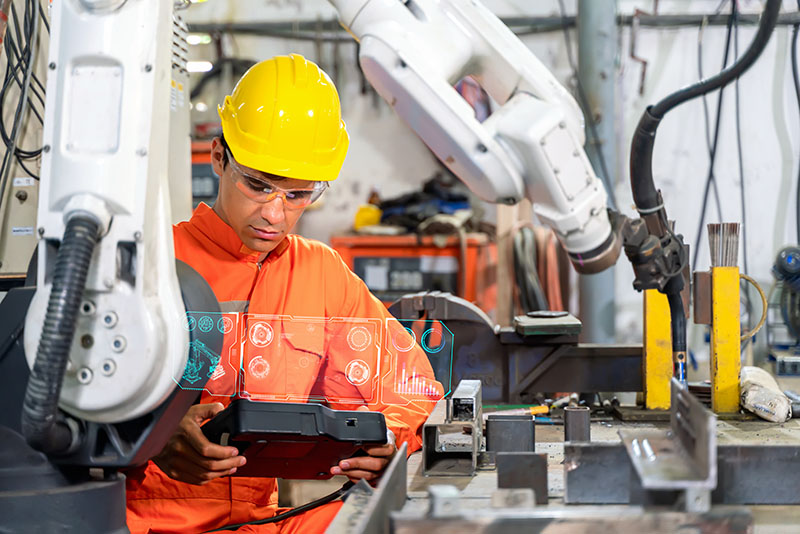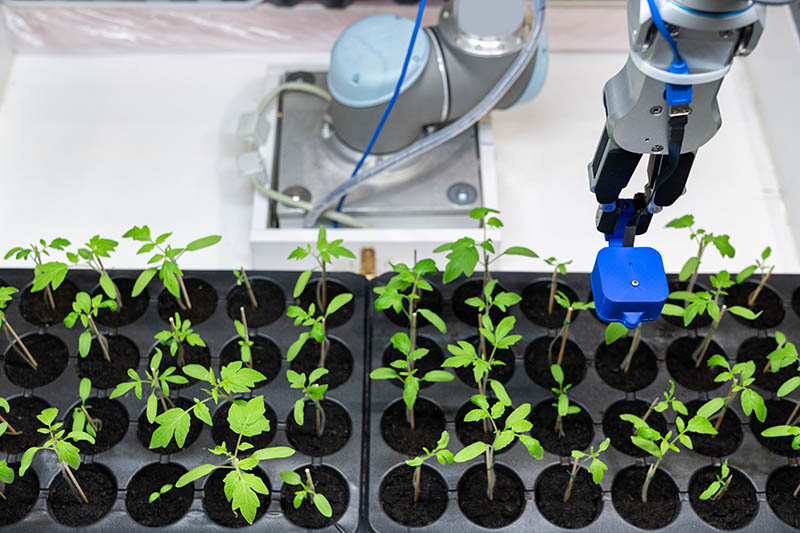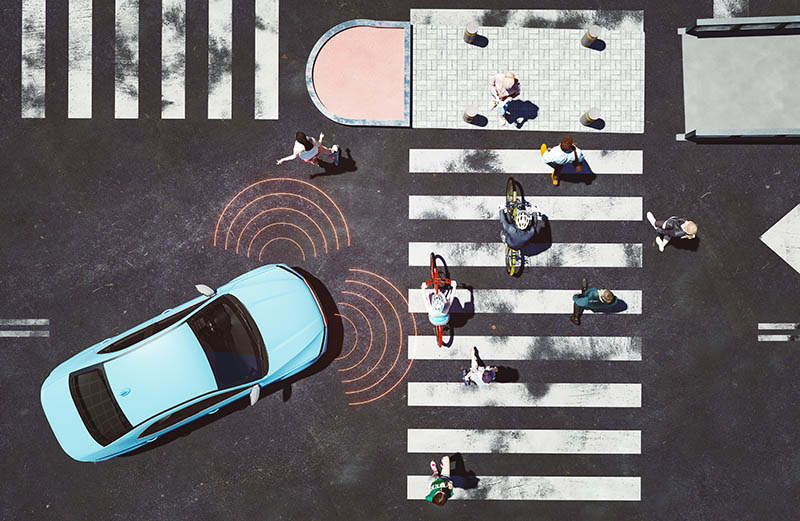Intelligent robots and smart systems meet sustainable development at IROS 2024
Robotics experts from around the world will gather in Abu Dhabi to discuss the role of robotics in sustainable development at this year’s International Conference on Intelligent Robots and Systems.
Robotics experts from across the globe will gather at the Abu Dhabi National Exhibition Centre for the 2024 International Conference on Intelligent Robots and Systems (IROS 2024). The conference will take place between October 14 and 18, 2024 and will welcome some 3,000 researchers from academia and industry to share and discuss the latest findings and innovation on robots and smart machines with their peers.
Held in the Middle East for the first time since its inception in 1988, the IEEE/RSJ event will feature panel discussions, forums, workshops, tutorials, exhibits and technical tours in addition to technical sessions. The theme for this year’s event is Robotics for Sustainable Development, encompassing sectors such as precision agriculture, environmental monitoring, waste management and autonomous vehicles.
“By automating tasks, increasing efficiency, and reducing resource consumption, robotics can meet environmental, social, and economic challenges and contribute to sustainable development.”
Jorge Dias
“By automating tasks, increasing efficiency and reducing resource consumption, robotics can meet environmental, social, and economic challenges and contribute to sustainable development,” says Deputy Director of the Khalifa University Center for Autonomous Robotics and Systems Jorge Dias, who leads the IROS 2024 organizing committee.
Panel discussions and research presentations will cover numerous emerging technologies, such as artificial intelligence and machine learning integration, human-robot collaboration, and bio-inspired robotics.
Prototyping physical intelligence
Advanced AI and machine-learning algorithms have become central to the design and development of robots with enhanced perception, decision-making capabilities, and adaptability in complex environments.
“Robotics is the platform to integrate, test, and prototype embodied intelligence with positive impact on society,” Dias says, highlighting the correlation between recent successes of AI algorithms and robotics research.

The conference will showcase the use of novel AI methods, including reinforcement and deep-learning techniques, applied across various robotic tasks. Specifically, machine learning and reinforcement learning have enabled robots to learn from human demonstration, incorporating preferences, behaviors, and actions to enhance adaptability across various environments.
Safe and efficient human-robot relations
Progress in human-robot interfaces has produced robots capable of understanding and generating human-like language. Researchers are also aiming to create robots with emotional intelligence, enabling them to recognize and respond to human emotions, which is crucial in healthcare.
Another area of interest is integrating robots into workplace environments, such as industrial settings, and exploring effective human-robot collaboration on tasks and communication, while maintaining safety.
The conference will also cover the latest advancements in bio-inspired robotics, which draw inspiration from biological organisms to generate systems that emulate nature’s efficiency, adaptability, and functionality. The robots often replicate the physical structures and mechanisms found in animals and plants; featuring limbs, sensors, and actuators that closely resemble those of the living models.
Swarm robotics, which mimics the behavior of social insects such as ants and bees, coordinates large groups of robots to perform tasks collectively. Swarm robots have succeeded in various applications ranging from search and rescue operations to agricultural tasks; allowing them to navigate challenging environments where human access is limited and assess agricultural fields to perform tasks such as weeding and harvesting. Other advancements in bio-inspired robotics involve soft robotics, bio-hybrid systems, and neuromorphic computing that yields more efficient and adaptable machine learning designs.

Conference discussions will also touch on improvements in the sensor technologies that are crucial for enhancing the perception capabilities of robots, such as LiDAR, radar and computer vision cameras. These are vital for navigation, object recognition, and scene understanding. Intelligent autonomous vehicles, such as self-driving cars and drones, are set to revolutionize transportation, logistics, and surveillance, and will also be a focus area at the conference.
“The multidisciplinary aspect of robotics is key for future intelligent systems,” Dias says.




